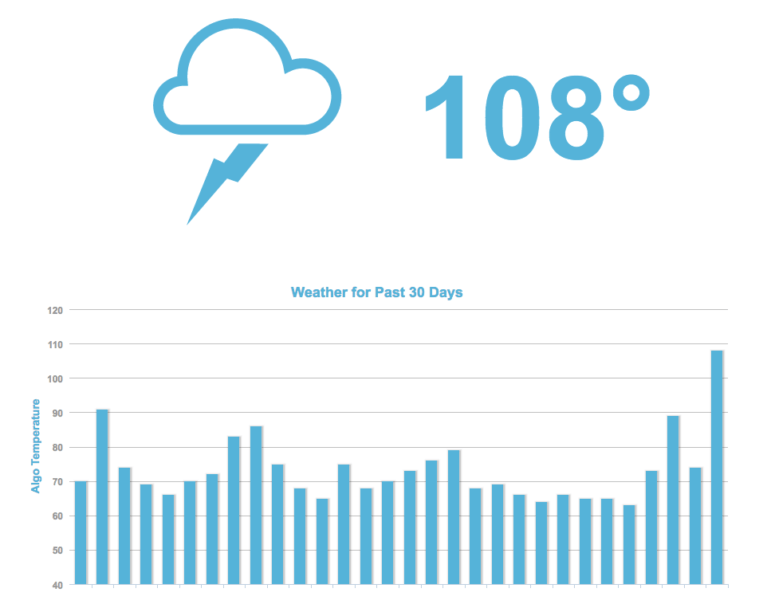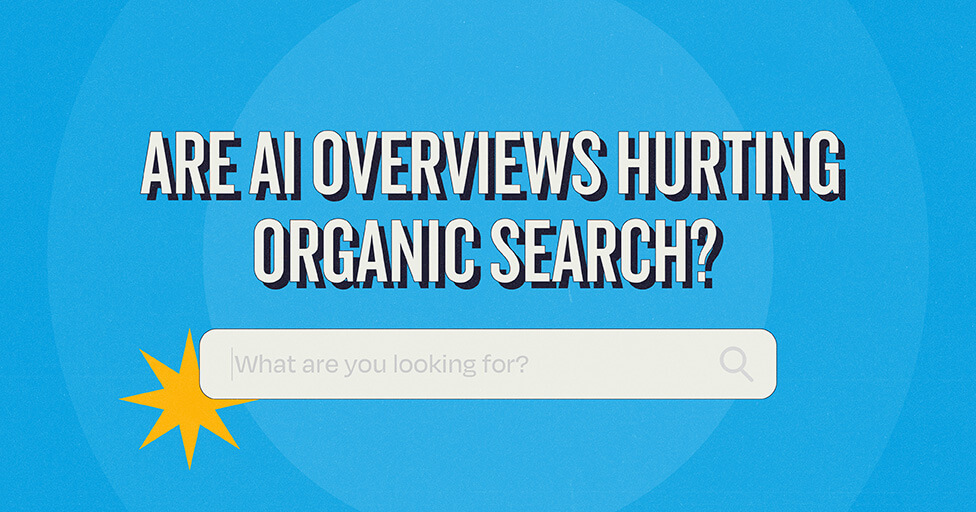
At the beginning of September, there was a ton of chatter around the search forums about a possible Google algorithm update affecting local search results. Google denied any such update and has still not confirmed it, but we in the search community saw enough drastic fluctuations – some say the most since Google’s Pigeon update in 2014 – in local listings and ranking reports that we decided to give it an official name.

The name “Possum” comes from the fact that many local business owners have been under the impression that their Google My Business listings have disappeared from the search results, when in fact they are just “hiding” (AKA being “playing possum”).
Changes to Local Results Have Been Rolling Out Since Early Summer
This change to the local search results comes after a summer full of Google applying new filters to local results in order to improve the quality of such results in both Google Maps (“Local Finder”) and the “local 3-pack” results.
Google patented this filter back in June and it assigned a “spam score” to business listings. If a business’ spam score was high enough, that listing was removed from the list of local business search results. If you’re a real business with a real listing, this filter shouldn’t be a problem for you, and in fact it might even help you move up as spammers and fake businesses are eliminated from the local results.
What this goes to show though, is that Google has been updating and tweaking its local algorithm for a few months now, which is all the more reason to believe that “Possum” is very real.
The Details of The Possum Update
According to Local Search Guru Joy Hawkins, the Google Possum update consisted of five main things (please note: the bolded header verbiage below is pulled directly from Joy’s article, while the “what this means” summary is my own):
- “Businesses that fall outside of the physical city limits saw a huge spike in ranking”: Before this update, if a business fell outside city limits and didn’t have a mailing address in that city, it was going to be very challenging to rank for those [business + city] key terms (like “plumber in kansas city”). Today, it looks like these businesses located on the outskirts of cities are having an easier time ranking for major city queries (as long as they are quality listings, of course).
- “Google is now filtering based on address and affiliation”: If you’re a local business, healthcare provider, or lawyer, chances are you may directly experience this one. Basically, an example would be that if you are a doctor’s office that has separate listings for each doctor in your practice, you may now notice that not all of your doctors show up in the same set of local results. You may see just one, while the others are filtered since they have the same address and contact information.As Joy points out, this makes sense because Google does not want duplicate listings and results showing up in the search engines; that just doesn’t provide for the best user experience. So, they aren’t penalizing businesses for these multiple listings, but they are going to filter them and only show one doctor (continuing this example) at a time so that searchers aren’t presented with 18 doctors from the same practice.
- “The physical location of the searcher is more important than it was before”: This is something that we’ve known about for a while now, as personalization has long been something factored into Google’s ranking algorithm. However, it seems that with the Possum update, this may be happening even more. In other words, I am not going to see the same results for “plumber in kansas city” as someone who is searching the same query from a different state.Even if the city name is in there, Google is taking into consideration the searcher’s physical location and IP address when it’s displaying results. Thus, if you’re doing any local rank tracking, make sure that you are filtering down to the searcher location level, and not just tracking the [business + city] key term at a national level.
- “Search results vary more based on slight variations of the keyword searched”: It seems as if Google is becoming more sensitive to keyword variations. Before the Possum update, you could search for “plumbers in kansas city” or “kansas city plumbers” and probably get the same results. Joy points out that since the update, we’re seeing more fluctuation in the local results between slightly varied keywords.
- “The local filter seems to be running more independently from the organic filter”: So, whether you realize it or not, Google actually applies a filter to all organic searches. This is what it means when it sometimes shows you the message of, “In order to show you the most relevant results, we have omitted some entries very similar to the [X] already displayed. If you like, you can repeat the search with the omitted results included.”Typically, this would happen if you had multiple sites that were similar, or multiple individuals with separate listings from the same practice/business. Again, this wasn’t a penalty per se, but it did hurt your rankings as you were filtered from those results.Historically, if your site was one of these that were filtered, then we were advised not to link our local listings to that page that was being filtered, because it could negatively impact our chances of showing up in the local 3-pack or for local results. Now though, it appears that these two may be functioning more independently of each other, where some businesses linking to a filtered page are suddenly seeing a spike in rankings.
As Google still seems to be testing different local results and variations, it’s hard to stay what will end up sticking and what will just fall away. One thing is to be sure though: we need to continue paying attention to local SEO and ensuring that we are doing what we can to optimize for local search results.
After all, some studies say that Google local 3-pack results appear for at least 93 percent of Google searches with local intent and 89 percent of users say they search for a local business on their smartphone at least once per week. So, ensuring that you’re staying on top of the local search trends and keeping your business present for locally based queries is critical for your business’ online success.
To learn more about local SEO and see how your business is faring, contact one of our experts today.
Subscribe to our newsletter
Get our insights and perspectives delivered to your inbox.


